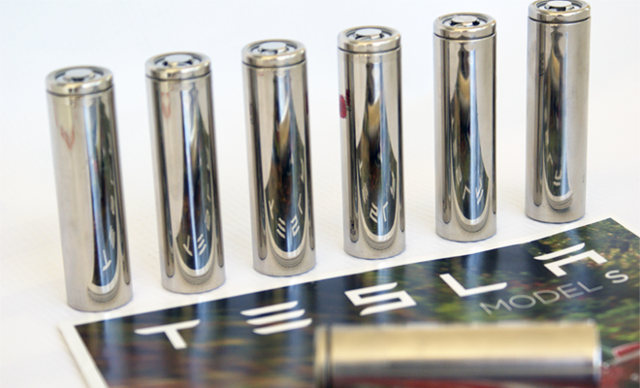Tesla’s advantage over the rest of the builders in certain aspects has been widely analyzed over the last few years, which has provoked opinions between experts and amateurs. A new report concludes that the cost of the cells that make up the Palo Alto brand batteries gives it a huge advantage over other manufacturers.
If there is one element that determines the price of an electric car and its higher cost today compared to its counterpart powered by fossil fuels, it is the battery pack price.
While currently, most manufacturers turn to external suppliers to manufacture the cells that make up the packs of each car manufactured, Tesla has opted in the first person to develop and produce this crucial element from day one.
The firm Cairn Energy Research Advisors has wanted to explain the cost derived from the manufacturing of batteries concluding that Tesla is far ahead of the rest of the industry as reported by the US network CNBC.
The media publishes that “Tesla pays an average of $ 142 per kilowatt-hour (kWh) for cells purchased from its three suppliers: Panasonic, LG Chem, and CATL.”
According to the North American source, “GM pays an average of $ 169 per kWh, while the industry average is around $ 166 per kWh.”
This means that paying less than other automakers for lithium-ion battery cells allows Tesla to stay ahead of the entire industry when it comes to the cost of manufacturing the whole battery pack.
Cairns data cited by CNBC estimates that Tesla battery packs cost, on average, “$187 per kWh, while General Motors’ cost $207 per kWh, while the industry average spends an average of $246 per kWh.”
With this data in hand from Cairn ERA, they warn that “Tesla is definitely pressing the accelerator pedal fully.” For analysts, this is a crucial aspect in which they are developing their capabilities.
Sam Jaffe, CEO of Cairn ERA, concludes by pointing to Tesla’s move globally when he says, “Look what they’re doing in Shanghai and Berlin and now Austin, Texas. They are just accumulating factory after factory.”

